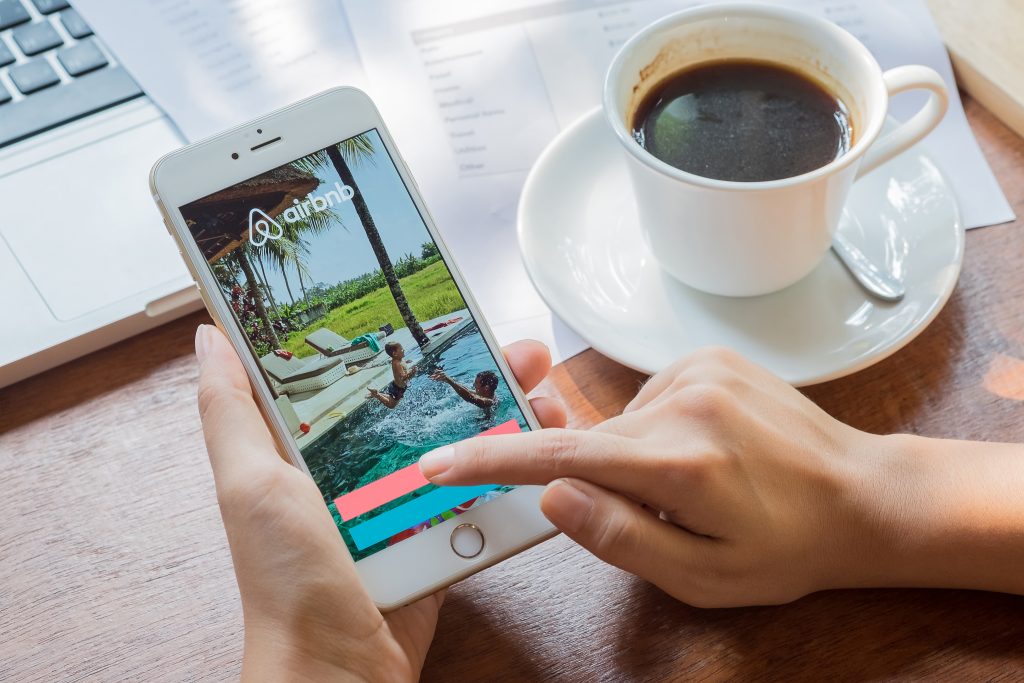Stay Away From These Airbnb Scams

Going on vacation should mean truly experiencing a new location. That’s part of the appeal behind room-sharing sites like Airbnb, where anyone with a spare room can become a host. As a guest of a local, you’ll get a real sense of a location – and you’ll save money, too!
However, the system is based on trust, which means crooks will try to exploit it. The Australian Better Business Bureau reported a six-fold increase in scams related to Airbnb in 2016. The service recently expanded its offerings, allowing users to book independently run guided tours or experiences in addition to rooms. This expansion has been part of the drive behind the increase. Before you book at Airbnb, be aware of these scams.
1.) Fake websites
An Airbnb host you were interested in sends you a link to several other properties they have for rent. These properties come complete with reviews, logos, a live chat service and other hallmarks of authenticity. So, you think nothing of wiring a fee to reserve your room.
But when you try confirming your reservation with Airbnb, they have no record of your transaction and don’t even have the properties listed. What happened?
A scammer capitalized on your trust by directing you to a fake booking website that’s not hosted by Airbnb. These groups go to extreme lengths to create accurate reproductions of the official site.
There are two ways to avoid this scam. First, always check the URLs of sites you visit, making sure the word Airbnb occurs right next to the .com. This tells you it’s not a phony site. Second, only pay through AirBNB’s official checkout platform, which uses modern encryption technology.
2.) Phony excursions
A new feature of Airbnb is the ability to book “experiences,” or days out on the town with locals.
This creates a new opportunity for scammers who can now offer phony tours. While the company vets the potential tours carefully, it’s difficult for them to monitor a distributed network of service providers.
Local experiences appeal to many visitors. However, proceed with caution. Always check reviews (on a legitimate Airbnb site) before paying for anything!
3.) External payment
Airbnb charges a 3% commission on bookings done through their website. This prompts some landlords to offer a discount in exchange for direct payment through a third-party processing site. Tightfisted travelers might be tempted to save a few bucks this way.
Resist the temptation. Payments outside the website don’t have the conflict resolution procedures usually covered by Airbnb, so there’s no guarantee you’ll have a room at all if you use one.
Also, no legitimate business will have you wire funds directly to their account. With services like PayPal, even small businesses can now accept credit cards. When you use a card, you can always stop a payment. After you wire money, it’s gone. It’s always a good idea to use only secured forms of payment.
Your Turn: Have you ever used Airbnb or a similar service? What was your experience like? Share safety and savings tips with us in the comments!
« Return to "Blog Home"

